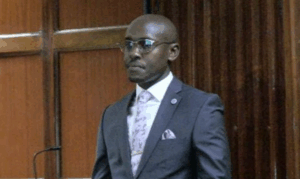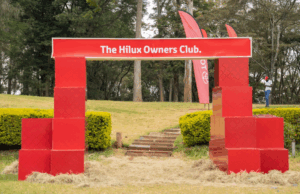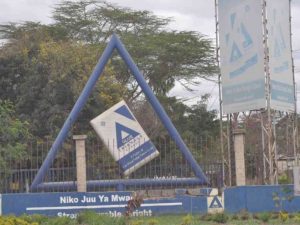Government Steps in to Solve LPG Cylinder Crisis

The government has approved new LPG regulations to restore safety to the LPG market by closing down opportunities for illegal refilling, illegal rebranding, and counterfeiting of gas cylinders. The changes come as part of a government drive to position LPG as Kenya’s primary cooking fuel to end the health and environmental problems caused by cooking with firewood and charcoal.
Unveiling the new regulations today, Mr Pavel Oimeke Director General of the Energy and Petroleum Regulatory Authority (EPRA) said it will no longer be mandatory for LPG retailers to swap any brand of a cylinder.
“The mandatory interchange of LPG cylinders has seen brands lose track of 90 per cent of the cylinders they had invested in, stalling investment in further cylinders, and seeing legal checks set aside as nameless refillers resold cylinders, but could not be made accountable for safety breaches,” said Mr Oimeke.
LPG brands will now be responsible for guaranteeing the safety of every cylinder. The brands, which will only swap their cylinders for new ones through their own branded retail points, must also now add safety instructions onto each cylinder, including guides on what to do if consumers smell a gas leak.
“Elsewhere in the world, LPG dominates in rural areas as clean and safe fuel. Moving to regulations that will see the end of illegal cylinder refilling in Kenya will open the way for a projected seven-fold increase in LPG usage,” said Mr Olagoke Aluko Chairman of the Petroleum Institute of East Africa (PIEA).
The PIEA, which represents the country’s oil and gas industry, is now working with government and regulators to achieve a widespread switchover to LPG, at a time when more than 70 per cent of Kenyans are still using firewood and charcoal for cooking.
“The pollution that dirty cooking fuels are creating in the home is killing tens of thousands of Kenyans a year,” said Mr Aluko. “Estimates suggest some 21,650 Kenyans are dying every year from air pollution, and 40 per cent of childhood deaths are being caused by respiratory diseases triggered by indoor cooking pollution.”
The country’s dependency on firewood and charcoal, which has remained larger than for other countries in Africa as a result of the recent disorder in the Kenyan LPG market, has also eroded the country’s forests, with illegal logging damaging its main water catchment forests, and the nation now suffering a 16m m3 shortfall in its wood supply each year.
“LPG is actually a cheaper cooking fuel than firewood, charcoal or kerosene on a meal-by-meal sum and gets families back to clean homes and good health, saving our forests and our water supply too,” said Mr Aluko.
Government, industry and regulators are therefore now working to make LPG the primary cooking fuel in Kenya. In addition to the new regulations, the government plans to increase LPG imports and storage at Mombasa, while the industry is increasing its investments in LPG cylinders six-fold.
“To this end, the EPRA will no longer tolerate any gas cylinder that has not been properly checked between refills and is not fully labelled for safety and traceability,” said Mr Oimeke.






